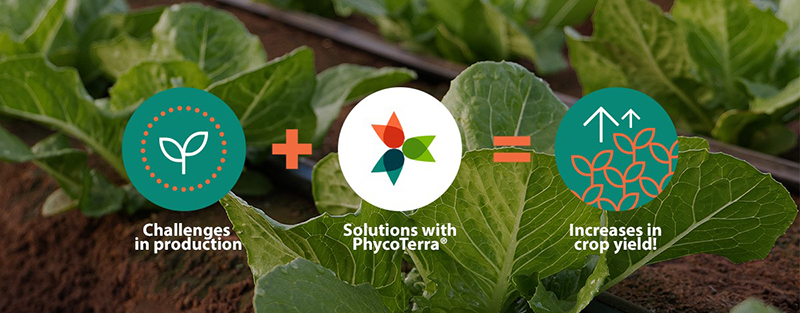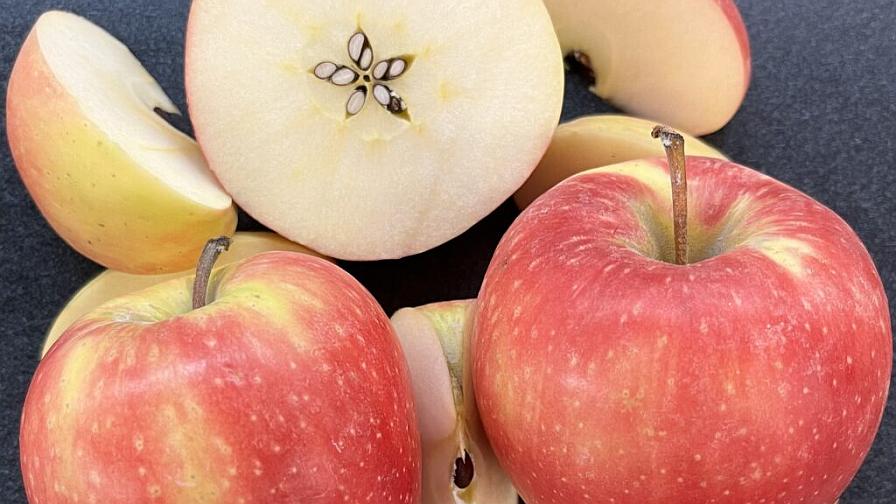More Exemptions Being Proposed for Gene-Edited Crops
On July 19, 2021, the USDA Animal and Plant Health Inspection Service (APHIS) announced an important proposal through the Federal Register to exempt organisms with three additional types of modifications developed through gene-editing technologies, such as the clustered regularly interspaced short palindromic repeats (CRISPR)-associated-proteins (CAS) system.
If the proposal was officially adopted after public comments were considered, it would make most gene-edited plants, such as fruit crops, exempt from the federal regulatory requirements imposed on classic genetically modified organisms (GMOs).
The additional modifications are described in detail in the proposal. For convenience, I will simplify them here:
• A change in a targeted gene sequence that leads to loss of function
• A targeted DNA deletion of any size in the genome
• A change resulting from cellular repair of two targeted DNA breaks on a chromosome, or at the same location on two homologous chromosomes
I use the word “additional” because the current USDA regulations that govern plant and animal genetic engineering have already given exemptions to plants with certain gene-edited modifications, including:
• A change resulting from cellular repair of one targeted DNA break
• A targeted single DNA base-pair substitution
• An introduction of a gene that exists naturally in the gene pool or a change in a gene sequence resulting in a known allele (a version of a gene)
Regulating Classic GMOs
Classic GMOs usually contain an exogenesis functional DNA element in order to express a beneficial trait, such as herbicide resistance and insect pest resistance.
To ensure public health and to minimize any adverse impact on the environment, classic GMOs have been regulated in compliance with the Coordinated Framework for Regulation of Biotechnology established by the White House Office of Science and Technology Policy (OSTP) in 1986.
The federal agencies that reinforce the coordinated framework include USDA-APHIS, FDA, and EPA.
In response to the continuous advances in biotechnology, the coordinated framework was updated in 1992 and 2017, while the regulations were amended in 1988, 1990, 1993, 1994, 1997, 2005, and 2020.

‘Gala’ (left) and a ‘Gala’ sport (right) fruit. The ‘Gala’ sport, which was caused by genomic deletion, has a better keeping quality than ‘Gala’.
Photo by Kenong Xu
Why Exemption?
It is clear that the purpose of the USDA-APHIS proposal is to reduce the regulatory burden for developing gene-edited plant products containing certain desired changes in the genome that are not covered by the existing exemptions.
One of the most important justifications of the proposal is that the gene-edited products do not contain an exogenesis DNA element. This basic fact makes them fundamentally different from classic GMOs. After all, the presence of a foreign DNA molecule in the genome of classic GMOs has been the major reason why they were regulated in the first place.
Another justification is that the CRISPR/CAS-based, genome-editing technologies can be used to create a range of DNA changes in one or more predetermined sites in the genome, including the additional types of modifications that are proposed for exemption.
Potential Benefits
Because of the expanded scope of exemptions, more gene-edited crops would be allowed to grow commercially without regulatory approval, treating them just like conventional cultivars.
In my view, these exemptions would likely be beneficial to the fruit industry.
For example, we have recently confirmed a ‘Gala’ apple sport mutation caused by a genomic deletion on one of the homologous chromosomes (Figure 1). Compared with standard ‘Gala’, the sport has much better fruit-keeping quality due to a reduced ethylene production.
In theory, this sport mutation could be reconstructed from the sketch by deleting the same genomic segment using CRISPR/CAS. Similarly, the deletion could also be made in the genome of other widely grown cultivars, such as ‘Golden Delicious’ and ‘McIntosh’, to improve their fruit-keeping quality.
It is expected that the resultant apple plants would differ from their corresponding mother plants by the targeted deletion only, similar to the aforementioned difference between ‘Gala’ and the ‘Gala’ sport.
As such, it would be hard to envision how the genome-edited apples would pose any risks to the environment. Exempting them from the complex regulations designed for classic GMOs would speed up the process for their commercial production if they became available.










